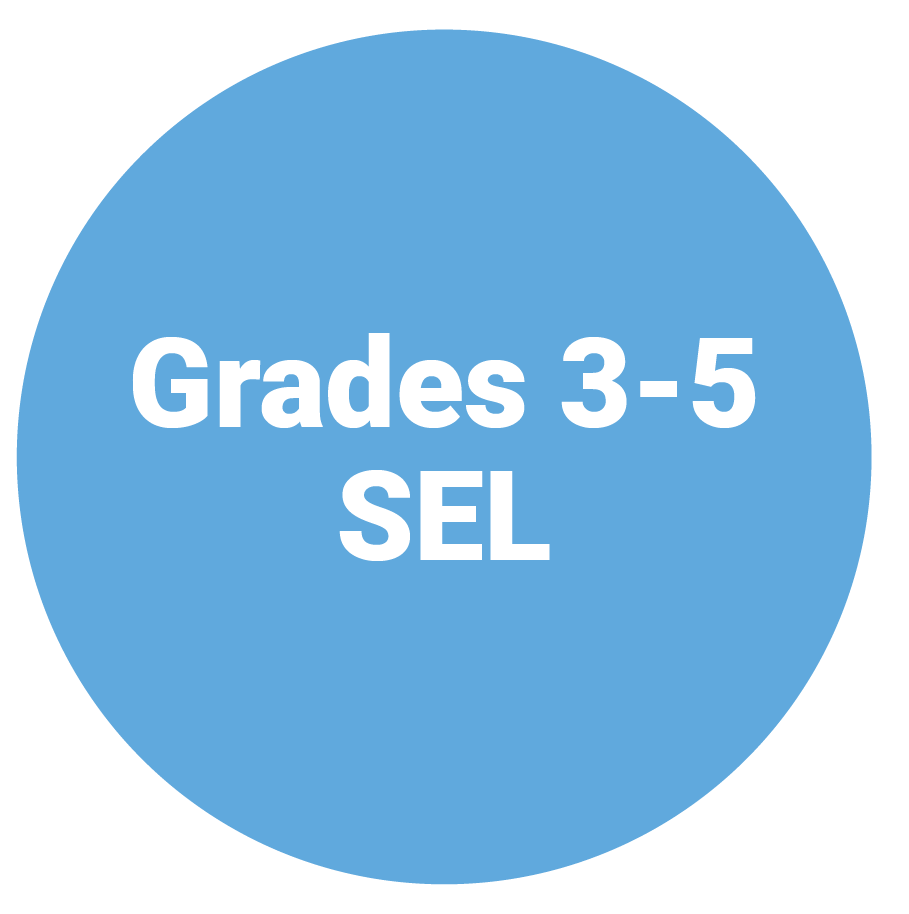Why This is Important
Being able to accurately recognize one’s own emotions, thoughts, and values, and how they influence behavior leads to a proactive approach of self-awareness.
Quick Activity

In any situation, encourage children to express their emotions, both positive and negative. For example, if your child is having trouble with math homework, have your child express that he or she is frustrated. If your child scores a goal at a soccer game and jumps up and down, talk about it afterwards and have your child express that he or she was excited.
More Activities and Games

Family members can do this activity together. Sit in a circle, and pass around a bowl or basket with each of the following questions written on a separate piece of paper. Ask all participants listen deeply. Be sure everyone gets a turn with a positive and negative emotion.
- I feel angry when…
- I feel joyful when…
- I feel unhappy when…
- I feel hope when…
- I wish I didn’t have to…
- I enjoy…
- I feel afraid when…
- Something I’d like to change is…
- If I were (name the person), I would…
- I feel like no one loves me when…
- I know I am loved when…
- Something I find boring is…
- I know I can trust…
- I admire (name person) because…
- I feel serene when…
- I am most interested in….
- I am annoyed when…
- I disapprove of…
- I am optimistic when…

Before your child has to make a big decision, or is trying to get to the root of an issue, have your child ask him or herself Why? three times. This will help reveal deep and specific issues your child may not otherwise consider.

Have your child respond to one or more of the following sentence starters. These starters encourage children to have more vulnerable conversations about their sense of self.
- Something that makes me nervous is…
- I am most uncomfortable when…
- Something that gives me hope or inspiration is…
- A word to describe where my head is would be….
- A word to describe where my heart is would be…

